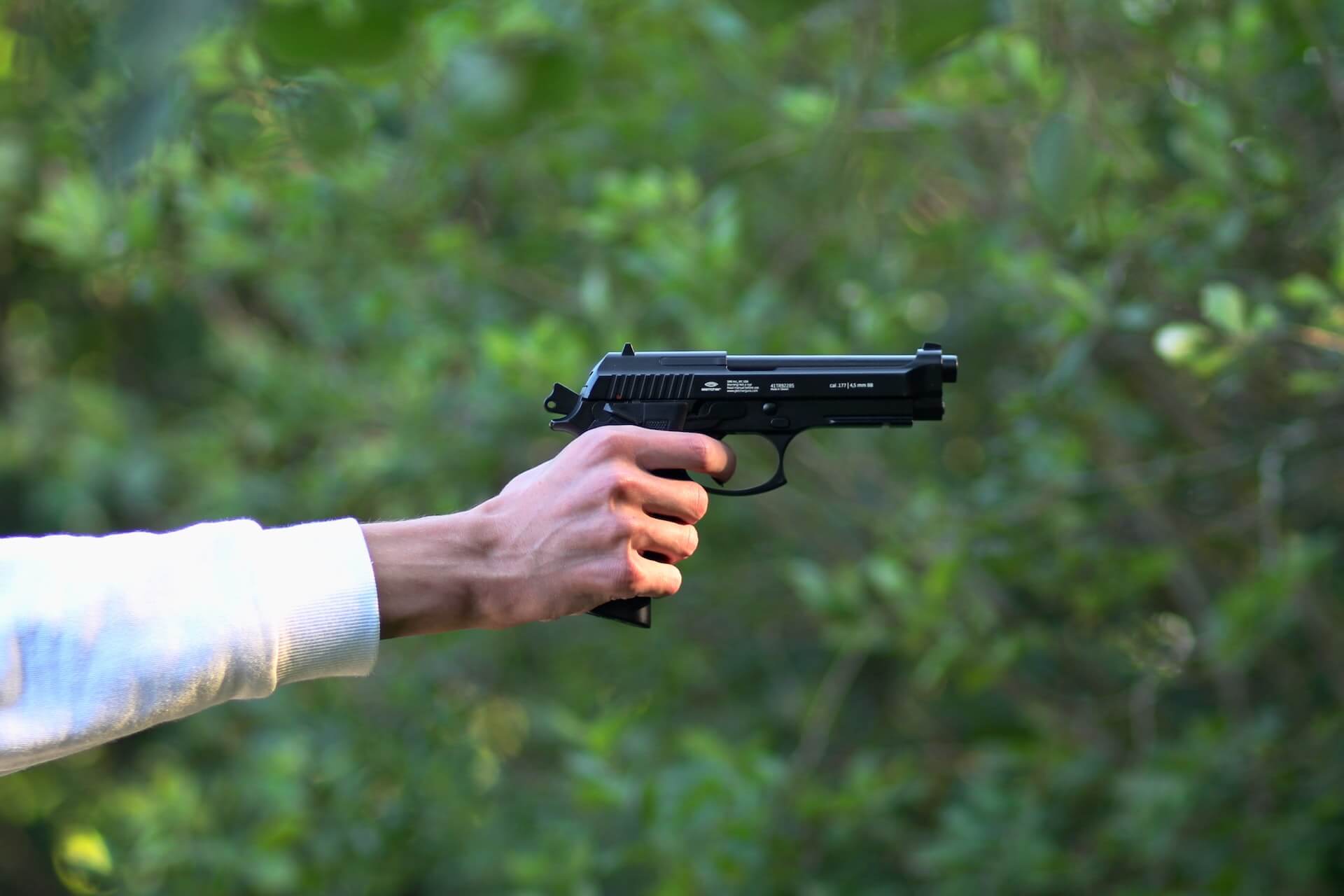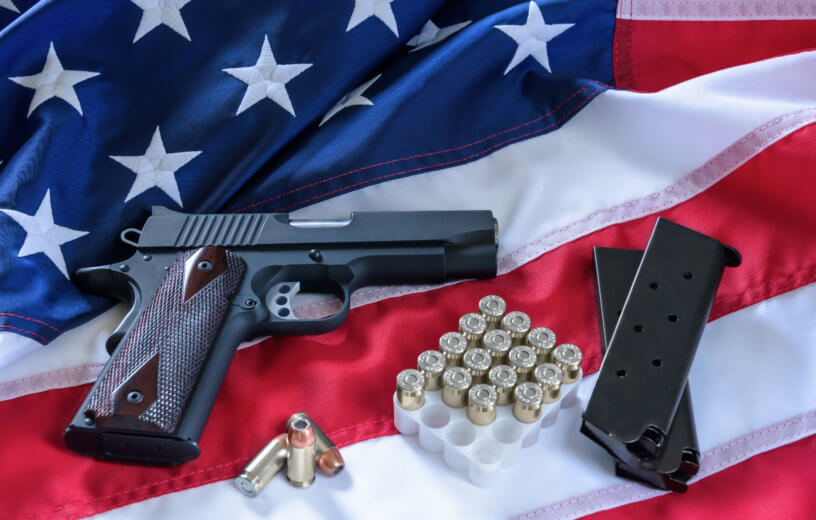CORVALLIS, Ore. — How does the perception of gun rights in America influence moral judgments about civilians using guns for self-defense? A study conducted by Oregon State University researchers explores the complex understanding of the Second Amendment and its impact on determining morally acceptable gun-related behaviors in specific scenarios. The study also examines how recent legal changes and court rulings have expanded Americans’ right to use guns for protection against crime.
“We cannot just put people into categories of pro-gun or anti-gun,” according to Oregon State University associate professor Michelle Barnhart in a university release. “People are very complex in the way they think about gun rights and armed protection in America. When people think about whether or not it is moral to use a gun for protection, they make judgments based on specific factors and characteristics of the situation.”
The study highlights that people have diverse thoughts about gun rights and armed protection in America. Moral judgments about using guns for protection are influenced by factors such as the location of gun use, the perceived threat, and the background and experience of the person carrying the gun.
To gain a deeper understanding of how consumers view their gun rights, the researchers conducted one-on-one interviews and facilitated a large online discussion group. They sought to explore why some consumers assume the responsibility of owning and using guns for protection while others rely on the state for their safety.
The study highlights the concept of “responsibilization” concerning guns, which refers to the shift in society’s perception of responsible behavior over time. Pro-gun lobbying groups, politicians, and market factors have influenced the belief that individuals have a personal responsibility to protect themselves, their families, and their communities from crime. This shift has resulted in behaviors that were once prohibited by law, such as carrying handguns in public for self-protection, becoming widely accepted.

While armed self-protection is perceived as necessary and responsible by some, the researchers emphasize that it can lead to negative consequences. Incidents of shootings resulting from mistaken identity or misjudgment pose significant concerns. Understanding why individuals believe in the necessity of armed protection is crucial to addressing these potential consequences.
The study reveals that consumers view their rights under the Second Amendment as a bundle of rights, which can vary from person to person. These rights may include the right to self-protection, protecting one’s family, and protecting one’s property. Different individuals perceive these rights as secular or sacred, timeless or outdated, and absolute or conditional. This nuanced understanding goes beyond simple support or opposition to the Second Amendment.
The researchers also examined how changes in gun carry and ownership laws, as well as court decisions on self-defense, have influenced people’s perceptions of the Second Amendment. The study emphasizes the reciprocal relationship between understanding and shaping the law, which ultimately affects societal interactions.
The study reveals that an individual’s understanding of the Second Amendment may not always align with current legal interpretations, potentially putting them in legal jeopardy. The researchers suggest that training requirements for gun owners could help bridge this gap by promoting an understanding of state laws and differences across states.
By exploring Americans’ diverse perspectives on gun rights and their influence on moral judgments, this study provides valuable insights into the complexities of the Second Amendment and its implications for society.
The study is published in the Journal of Consumer Research.
StudyFinds’ Matt Higgins contributed to this report.

Having no way to protect your home and family can have negative consequences as well. When some intruder breaks in…and it happens. According to the DOJ, 4 million homes are broken in to each year….and 28% of those are occupied at the time.
You have no idea what an intruder’s intent is and by the time you ask, it can be too late. You have a very short window to protect your life and by the time you dial 911 and police respond, the intruder can do a lot of damage.
I prefer adequate protection as opposed to hoping an intruder will leave or that the police will arrive in time. If it’s good enough for our politicians, it’s good enough for me.
Oregon legalize hard drugs heroine, fentenal , vagrancie , mental illness , defund the police , squatting and the list goes on and on God forbid a honest citizen have a right to defend themselves if the liberals had their this would be NY city
Intruders? Simple, they are never seen or heard from again. What with hundreds of miles of logging roads and thousands of square miles of wilderness… Simply dismember and put the parts through a wood chipper then scatter a little here and there. Dental records won’t help. The coyotes are will be eating good.